Ruth Nolan Encourages Workshop Participants to Speak Out About Suicide
The (In)Visible Memoirs Project runs no-cost, community-based writing workshops throughout the state of California, with the aim of creating a literary landscape that pushes back on dominant literary discourse’s exclusionary practices. Between January and April, writer P&W-supported writer Ruth Nolan taught an (In)Visible Memoirs workshop at College of the Desert in Palm Desert, California. Project director Rachel Reynolds writes about the workshop.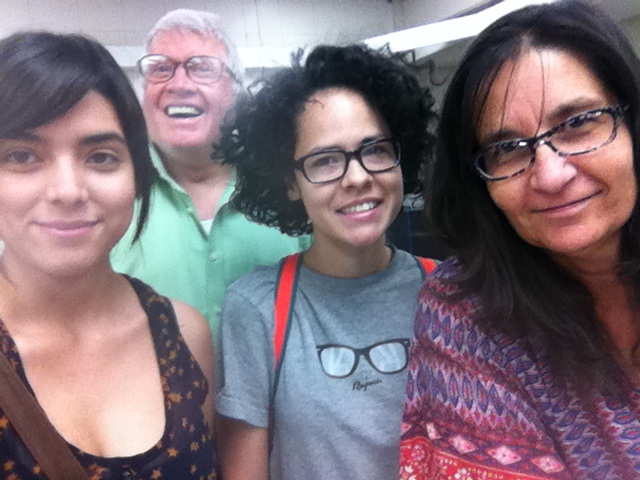 The thing about invisibility is that there are real risks to refusing its cloak. Invisibility counts on these risks for its effective deployment. Anyone who has found their space at the periphery—which is more of us than not—knows how terrifying it can be to push back the curtain and demand to be counted. As the person at the helm of programming for the (In)Visible Memoirs Project, I am constantly awed by how many people—instructors, participants, and community sponsors alike—are ready to let their stories ring out.
The thing about invisibility is that there are real risks to refusing its cloak. Invisibility counts on these risks for its effective deployment. Anyone who has found their space at the periphery—which is more of us than not—knows how terrifying it can be to push back the curtain and demand to be counted. As the person at the helm of programming for the (In)Visible Memoirs Project, I am constantly awed by how many people—instructors, participants, and community sponsors alike—are ready to let their stories ring out.
According to the AFSP (American Foundation for Suicide Prevention), nearly 40,000 people took their own lives in 2010. In the same year, the AFSP identified nearly 460,000 attempted suicides. Tallied together, roughly half a million people navigated suicide directly in 2010. The lives of countless others were impacted too, as friends and family of those directly involved struggled to walk this terrain.
When professor Ruth Nolan responded to my call for new (In)Visible Memoirs Project workshops this past fall, she wrote, “All too often, suicide survivors become victims, too, of social prejudices and judgments, and having experienced this myself, I have come to realize there is a huge need to give suicide survivors a safe and productive space to write, identify, and heal.” We leapt at the chance to support her in her goal of providing the first-ever workshop for people who live in the Palm Desert region and have lived with the impact of suicide.
Ruth Nolan is a force. A professor at College of the Desert in Palm Springs, she teaches writing and literature in addition to advising the college literary magazine. She is a widely published poet and prose writer, and an editor to boot. Armed with both personal experience and the chops required to deftly usher writers into a carefully crafted safe space, we knew she would provide a transformative experience for her workshop participants. What we could never have predicted, though, was just how far she’d take them or how essential the space she held was.
Meeting with seven participants—who spanned a forty-year age range and various social and ethnic identities—Ruth discovered that many of them had either wanted or been invited to speak at public suicide awareness events in the region but then felt their story was too dark, or worse, been asked not to share it. Immediately, Ruth made space for sharing these stories a workshop priority. What began as a shedding of silence within the confines of workshop meetings gained momentum and bloomed into multiple readings at public events. As I write this today, Ruth and members of her workshop have just finished recording some of their work for radio broadcast. From silence to center stage in the course of a twenty-hour workshop—Ruth and her workshop participants are writers of the fiercest sort.
Photo: From left: Darlene Arciga, Tim Johnson, Kimberly Martinez, and Ruth Nolan. Credit: Ruth Nolan.
Major support for Readings/Workshops in California is provided by The James Irvine Foundation. Additional support comes from the Friends of Poets & Writers.






 Three years ago I moved to Queens because I fell in love. With a man, who is now my adorable, kind-hearted husband. The only person who could’ve taken me out of Manhattan, where I've resided since moving to New York in the mid-nineties to pursue a creative writing degree at New York University. Just as I had emigrated from Manila where I was born, then left Los Angeles to come to New York, I uprooted myself. You can say I moved because of family, a search for my own. An important part of the move was finding vital communities, creative and otherwise.
Three years ago I moved to Queens because I fell in love. With a man, who is now my adorable, kind-hearted husband. The only person who could’ve taken me out of Manhattan, where I've resided since moving to New York in the mid-nineties to pursue a creative writing degree at New York University. Just as I had emigrated from Manila where I was born, then left Los Angeles to come to New York, I uprooted myself. You can say I moved because of family, a search for my own. An important part of the move was finding vital communities, creative and otherwise.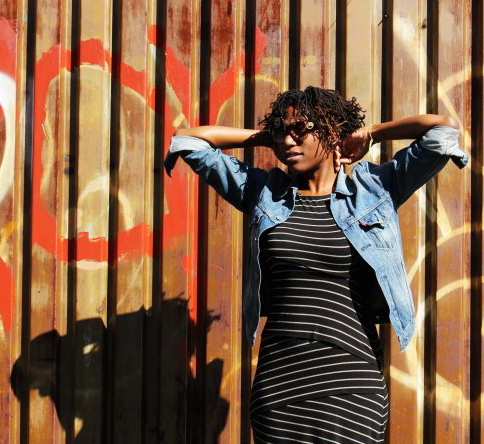 What are your reading dos?
What are your reading dos?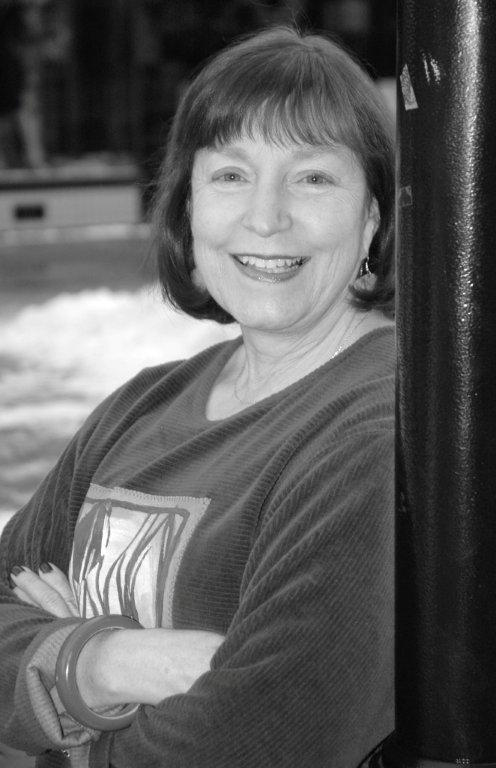 This past October,
This past October, 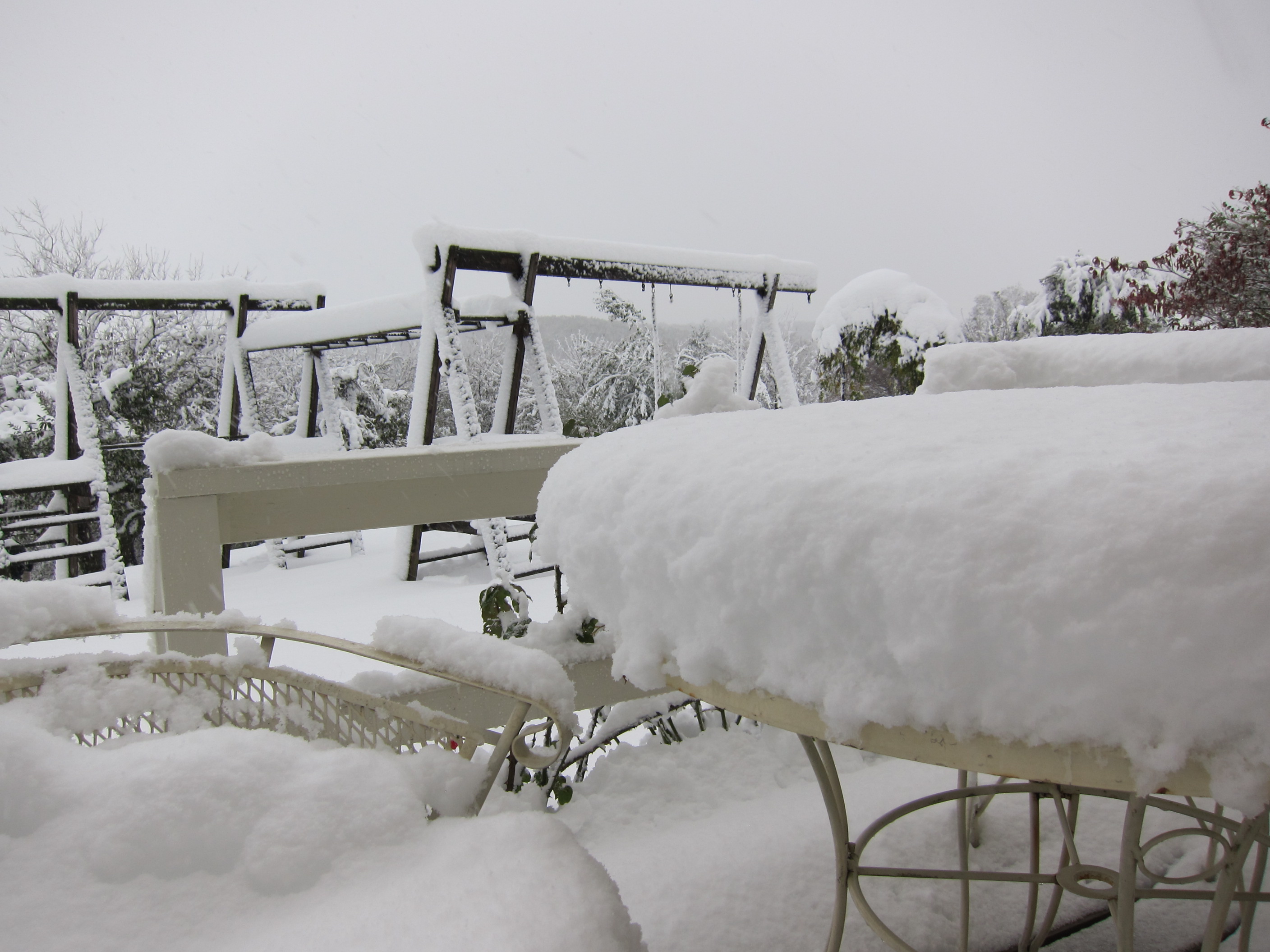
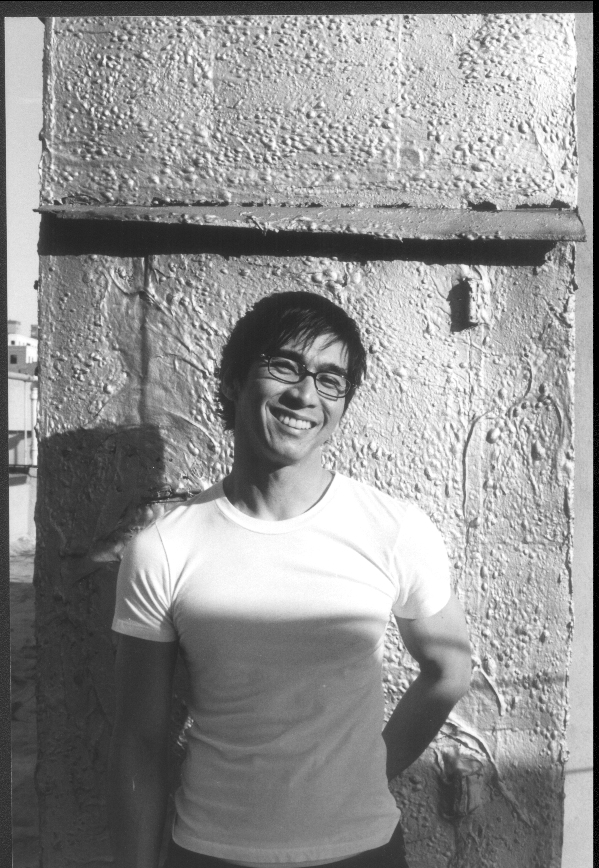 h Gambito and I were swaying on a hammock at a backyard BBQ in Westchester. Watching the mostly Filipino crowd—families and community—playing games, eating, totally at ease with one another, we were mesmerized and even envious. As recent MFA graduates and young Filipino American poets trying to patch together literary lives in New York City, we felt alone and lost. We wanted to recreate the joyful and safe space that we witnessed in Westchester, but for Asian American artists. I then told Sarah about
h Gambito and I were swaying on a hammock at a backyard BBQ in Westchester. Watching the mostly Filipino crowd—families and community—playing games, eating, totally at ease with one another, we were mesmerized and even envious. As recent MFA graduates and young Filipino American poets trying to patch together literary lives in New York City, we felt alone and lost. We wanted to recreate the joyful and safe space that we witnessed in Westchester, but for Asian American artists. I then told Sarah about 
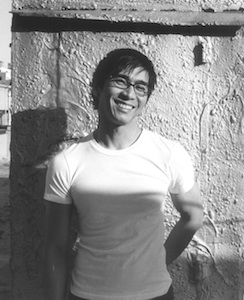 It started with an experiment. Before the poet Sarah Gambito and I fully conceived of Kundiman, the nonprofit we founded to serve Asian American poetry, there were the poems. At the time, in 2003, we were interested in the idea of poems as physical objects, as solid and tangible art pieces. We were also regulars imbibing lychee martinis at
It started with an experiment. Before the poet Sarah Gambito and I fully conceived of Kundiman, the nonprofit we founded to serve Asian American poetry, there were the poems. At the time, in 2003, we were interested in the idea of poems as physical objects, as solid and tangible art pieces. We were also regulars imbibing lychee martinis at 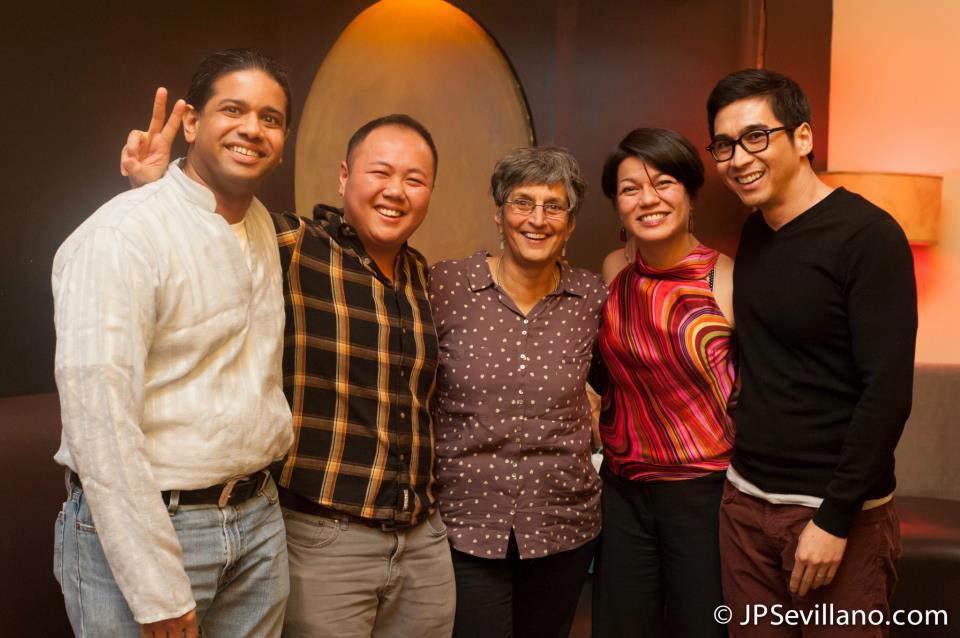 The bottom line is that for a literary series to thrive, much generosity is needed: a place for gathering, a co-host/co-sponsor who shares your vision, an open-minded audience, and kind readers. Recently, another act of generosity: Poets & Writers, through its
The bottom line is that for a literary series to thrive, much generosity is needed: a place for gathering, a co-host/co-sponsor who shares your vision, an open-minded audience, and kind readers. Recently, another act of generosity: Poets & Writers, through its 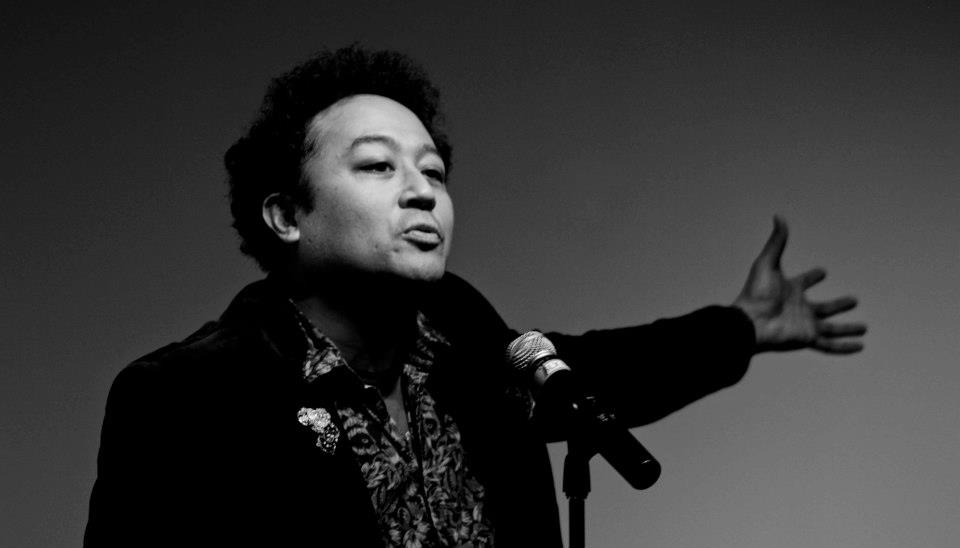 Florence is magical: the people, the shrimp and grits and muffins. I left wanting to curate a queer arts festival this year. Why? Because I'm insane. But also because the community is so friendly and warm and I know that the impact of a queer spoken word gathering would forever affect the 40,000-person population of Florence. Thigpen is a born and bred resident of Florence; he loves words, is an incredible writer, and his running of series in a small town creates an incredible impact. Chelsea Root is an up-and-coming writer with an intense delivery and shares Thigpen's enthusiasm for the word.
Florence is magical: the people, the shrimp and grits and muffins. I left wanting to curate a queer arts festival this year. Why? Because I'm insane. But also because the community is so friendly and warm and I know that the impact of a queer spoken word gathering would forever affect the 40,000-person population of Florence. Thigpen is a born and bred resident of Florence; he loves words, is an incredible writer, and his running of series in a small town creates an incredible impact. Chelsea Root is an up-and-coming writer with an intense delivery and shares Thigpen's enthusiasm for the word.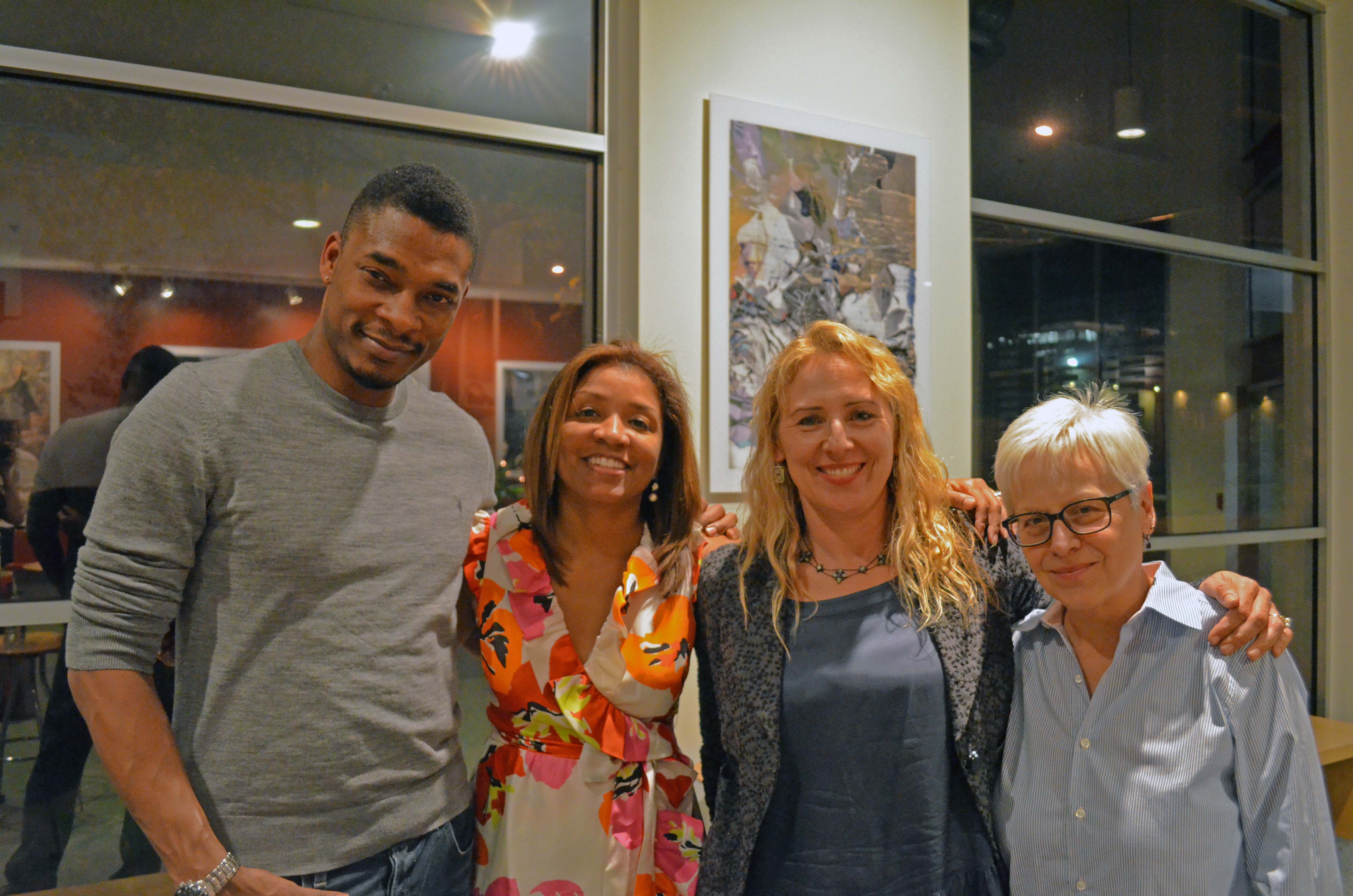 Given that many reading series struggle to draw audiences, it’s somewhat astonishing to consider that Red Hen Press maintains five series—one in New York and four in the Los Angeles area, where the eighteen-year-old press is based. And judging by a mid-March reading by poet Terrance Hayes and several Red Hen authors, sagging attendance is not an issue.
Given that many reading series struggle to draw audiences, it’s somewhat astonishing to consider that Red Hen Press maintains five series—one in New York and four in the Los Angeles area, where the eighteen-year-old press is based. And judging by a mid-March reading by poet Terrance Hayes and several Red Hen authors, sagging attendance is not an issue.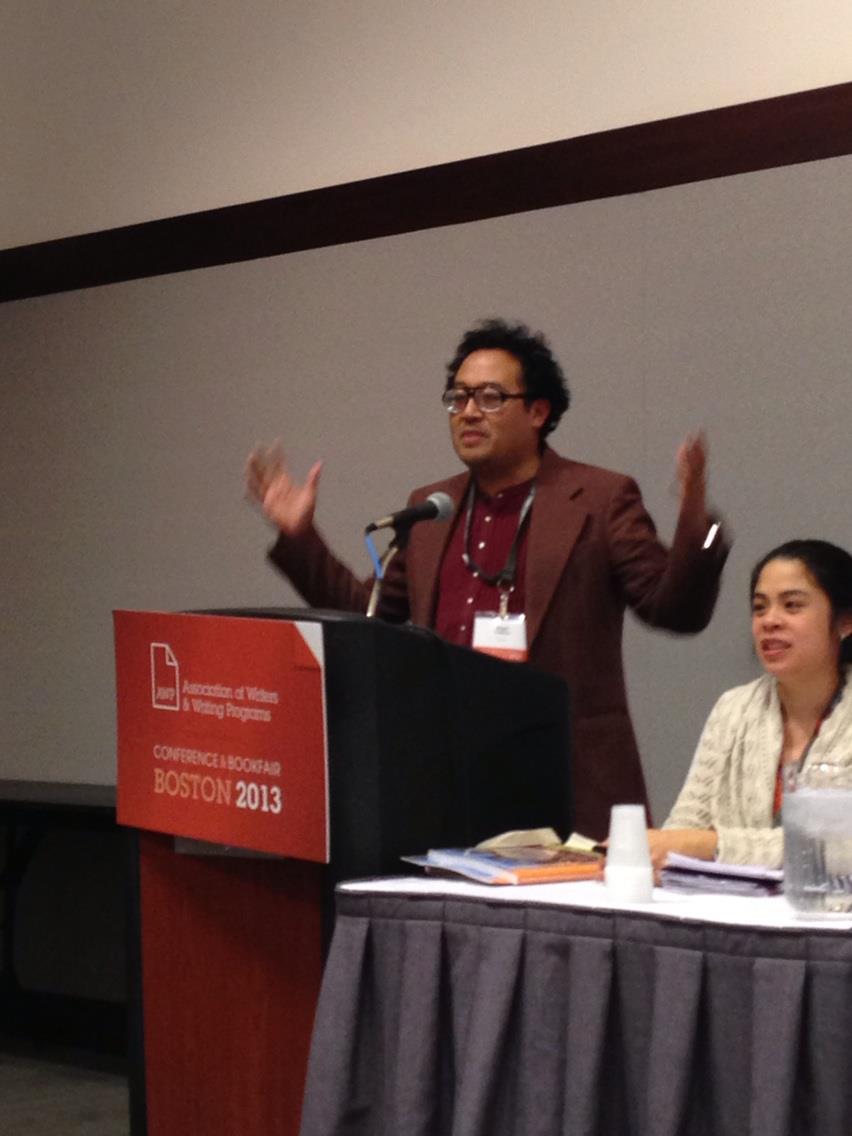
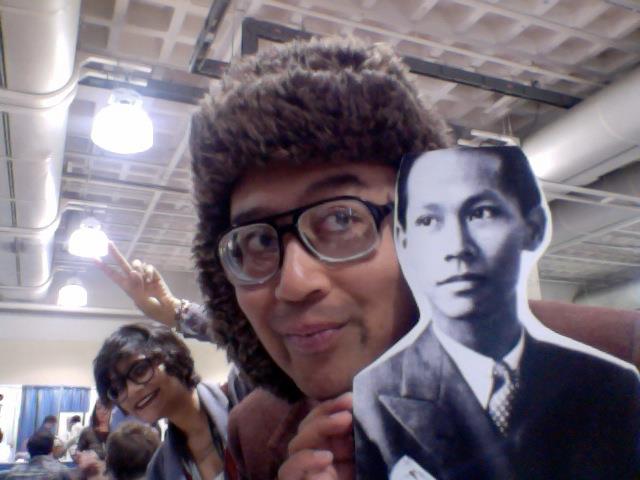 light to Madison will be on time. I am scheduled to perform at the Midwest Filipino Students Association. I am to give a workshop and a performance in the evening. I bring my bags to Friday morning's Kundiman panel. Myung Mi Kim, Paisley Rekdal, and I read poems and talk about pedagogy.
light to Madison will be on time. I am scheduled to perform at the Midwest Filipino Students Association. I am to give a workshop and a performance in the evening. I bring my bags to Friday morning's Kundiman panel. Myung Mi Kim, Paisley Rekdal, and I read poems and talk about pedagogy.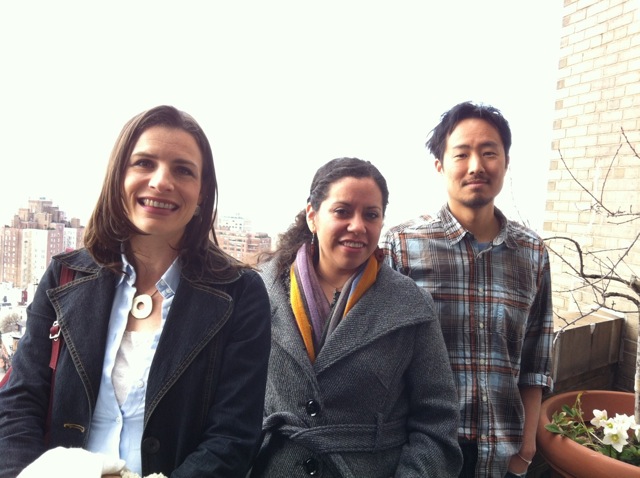 I am so grateful to Poets & Writers for the once-in-a-lifetime experience of the California Writers Exchange! I heard people say this week that there’s no mystery in publishing, but for those of us not in New York, it can feel mystifying. In an attempt to pull back the curtain and share what I’ve learned, I give you my Top Ten Things Every Writer Should Know:
I am so grateful to Poets & Writers for the once-in-a-lifetime experience of the California Writers Exchange! I heard people say this week that there’s no mystery in publishing, but for those of us not in New York, it can feel mystifying. In an attempt to pull back the curtain and share what I’ve learned, I give you my Top Ten Things Every Writer Should Know: